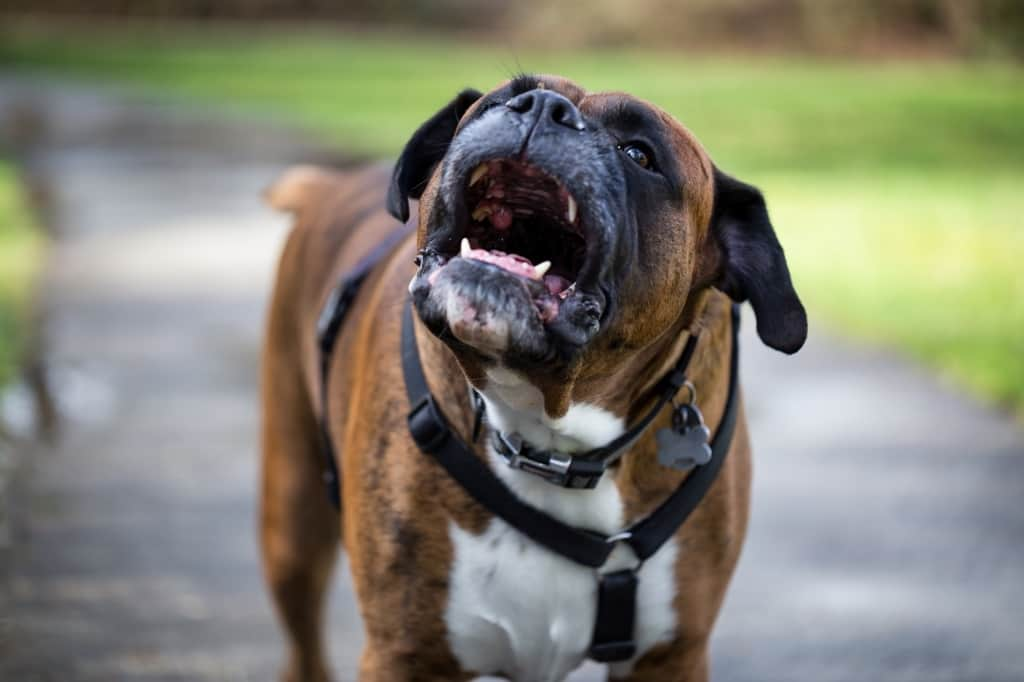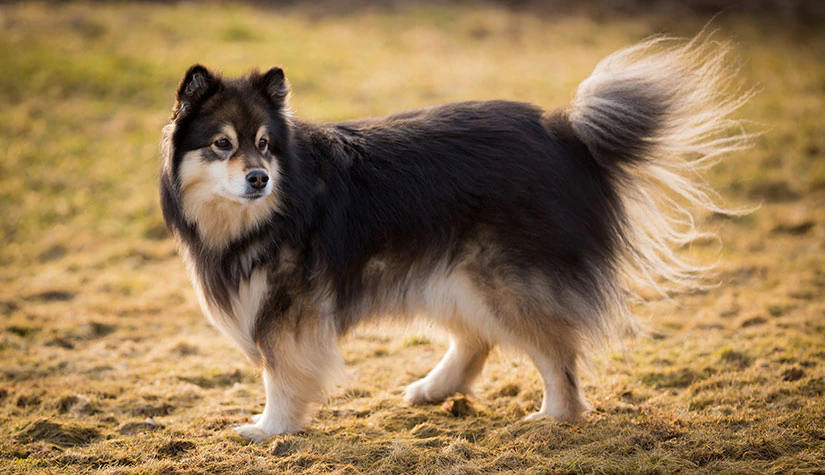
Introduction
The Boxer is a versatile breed that was originally bred as a hunting dog in Germany over a century ago. Developed by crossing Brabanter Bullenbeisser with Bulldogs, Boxers have evolved to excel in various roles including military and police work. However, their friendly and affectionate personalities have made them more popular as loyal family pets. Boxers are known for their high energy, intelligence, and playfulness, making them great companions for children. Although Boxers require regular training and exercise, they are well worth the effort and continue to be one of the most popular breeds in the world.
Temperament
Personality traits of the breed
Boxers are a breed of dog that are well-known for their energetic and playful personalities. They are intelligent, loyal, and affectionate towards their families, often making them great companions for children. However, Boxers are also known for their strong protective instincts and may be wary of strangers or unfamiliar situations. With proper socialization and training, Boxers can be friendly and sociable with people and other animals. Overall, Boxers are a high-energy breed that thrive on attention and require regular exercise and mental stimulation to keep them happy and healthy.
Aggression in Boxer Dog

Explanation of aggressive behavior in Boxer Dog
While Boxers are generally friendly and affectionate dogs, they may exhibit aggressive behavior in certain situations. Aggression in Boxers can be caused by a variety of factors, including lack of socialization, fear, anxiety, or dominance issues. Boxers may become aggressive towards other animals or people if they feel threatened or if they perceive a potential threat to their family or territory. In some cases, medical issues or pain may also contribute to aggressive behavior. It is important to address any signs of aggression in Boxers early on through training and behavior modification, as unchecked aggression can be dangerous and lead to serious incidents. It is recommended to consult with a professional dog trainer or behaviorist to develop a plan to address aggressive behavior in Boxers.
Health and Lifespan
Reported lifespan range
The average lifespan of a Boxer dog is typically between 10 to 12 years
Health issues that can affect lifespan
Boxers are generally a healthy breed, but like all dogs, they may be prone to certain health issues that can affect their lifespan. Some of the most common health issues that may impact Boxers include cancer, heart disease, hip dysplasia, allergies, and gastrointestinal problems. Additionally, Boxers may be prone to some inherited conditions, such as degenerative myelopathy and aortic stenosis, that can shorten their lifespan if left untreated. Providing a healthy diet, regular exercise, and routine veterinary care can help prevent or manage many of these health issues and extend a Boxer’s lifespan. It’s also important to work closely with a trusted veterinarian to monitor any health issues and provide appropriate treatment as needed to ensure that Boxers live long and healthy lives.
Food for Boxer Dog
Best food for Boxer Dog
Selecting the best food for a Boxer dog requires considering their nutritional needs and any health issues they may have. Boxers are an active breed and require a balanced diet that provides adequate protein and carbohydrates to support their energy needs. High-quality commercial dog food that is formulated for active breeds is a good option, as it is often well-balanced and contains the necessary nutrients that Boxers require. It’s important to read labels carefully and choose food that lists real meat as the first ingredient and avoid those that contain fillers, artificial flavors, or preservatives. Additionally, Boxers may benefit from foods that contain joint supplements such as glucosamine and chondroitin to help support their joint health. For dogs with specific health issues or dietary restrictions, a veterinarian may recommend a specialized diet or prescription food. Ultimately, consulting with a veterinarian can help determine the best food for a Boxer based on their individual needs and ensure that they are receiving proper nutrition for optimal health.
Conclusion
In conclusion, Boxer dogs are a beloved breed that have a rich history and are known for their loyalty, intelligence, and playful nature. While they were originally bred as hunting dogs, they have since become versatile and excel in various roles, including police work, military work, and as affectionate family pets. Boxers have a lifespan of around 10 to 12 years and may be prone to certain health issues such as cancer, heart disease, and hip dysplasia. However, with proper care, including a well-balanced diet, regular exercise, and routine veterinary care, Boxers can live long and healthy lives. Overall, Boxers make excellent companions for those seeking a loving, energetic, and loyal pet.



